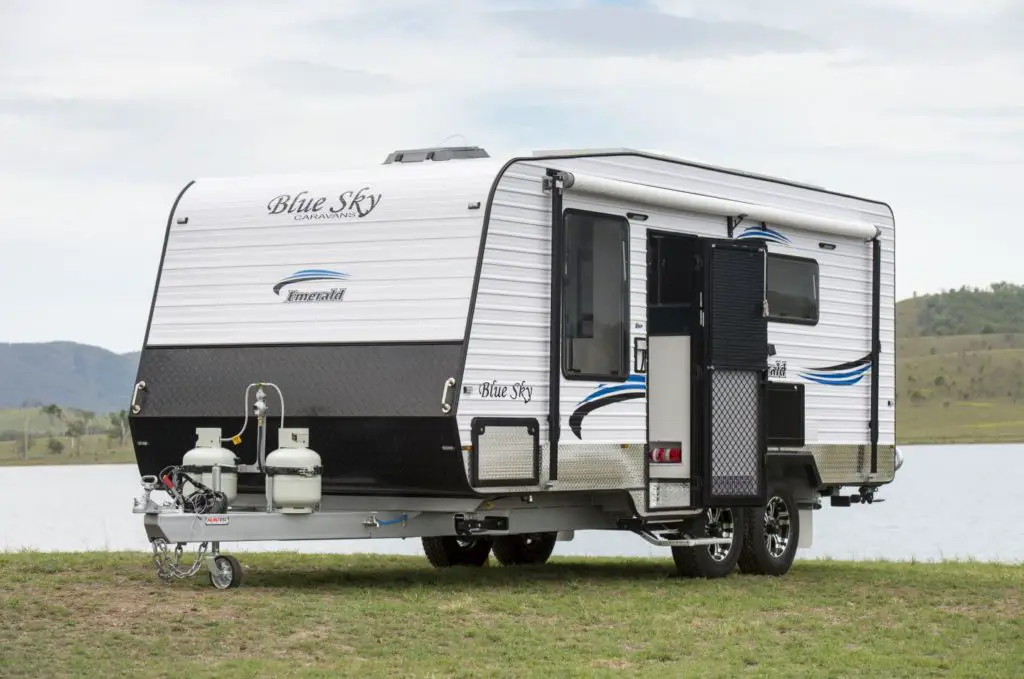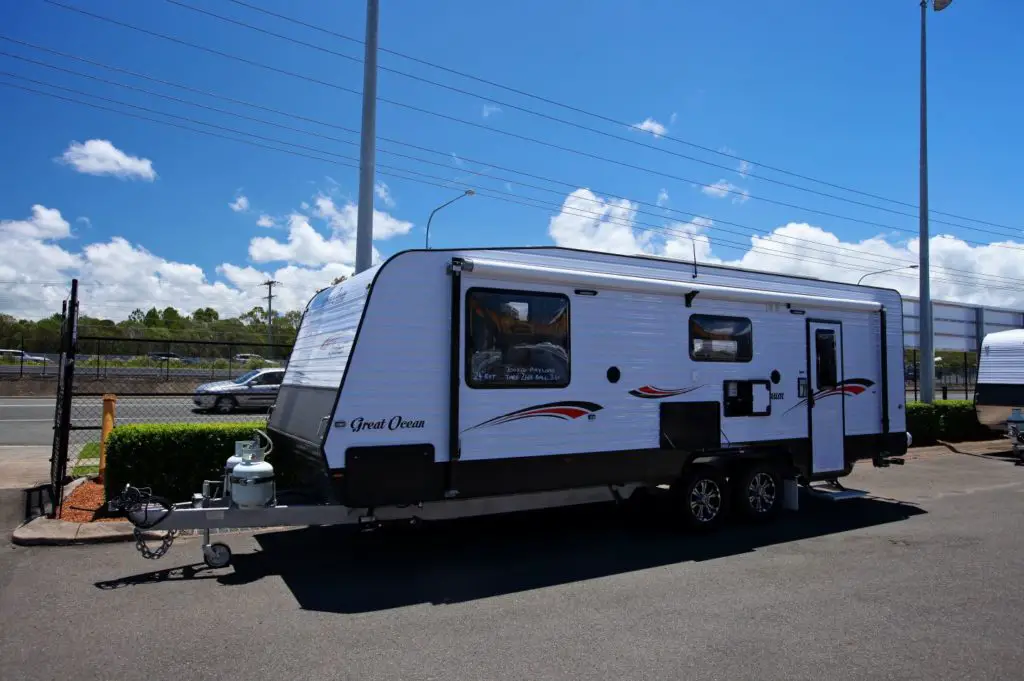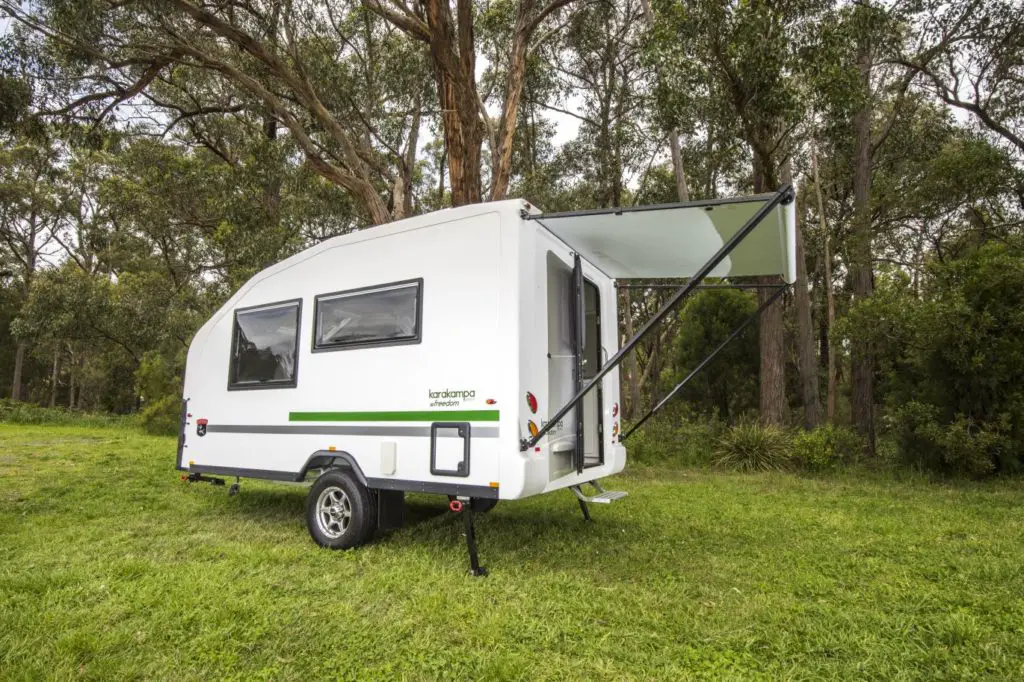
Making the Switch: A Comprehensive Guide to Heat Pump Water Heaters
The modern home appliances, the heat pump water heater stands out as a must-have for homeowners seeking efficiency and savings. Unlike traditional electric or gas-powered water heaters, heat pump water heaters are remarkably efficient, translating into substantial monthly energy cost savings. Not only do they excel in energy efficiency, but they also boast impressive longevity, potentially lasting up to twice as long as their non-heat pump counterparts. By choosing the right model, homeowners can indulge in hot showers and a steady supply of warm water for years to come. In this article, we’ll delve into the features of the finest heat pump water heaters currently available, exploring how they can prove to be a wise long-term investment.
Types of Heat Pump Water Heaters
Heat pump water heaters offer an energy-efficient means of heating your home’s water supply. These devices employ the ingenious concept of transferring thermal energy from one location to another, making them significantly more efficient than conventional electric or gas-powered water heaters. There are two primary types of heat pump water heater: air-source models and ground-source or geothermal models.
Air-Source Models:
Air source heat pump water heaters harness the surrounding air to transfer thermal energy and heat your home’s water supply. Typically installed outdoors or in a well-ventilated garage, these systems rely on air intake and exhaust for optimal performance. Air source models are generally more budget-friendly compared to their ground source counterparts. However, they may be less efficient in colder climates where ambient outdoor air might not contain sufficient thermal energy for heating purposes.
Ground Source or Geothermal Models:
Ground source (or geothermal) heat pump systems utilize a network of pipes containing a heat-conductive fluid, such as antifreeze, buried in coils underground near your property’s perimeter. This fluid absorbs heat from the earth and channels it back into your home via a compressor system, ensuring a consistent temperature regardless of the external weather conditions. Ground source systems guarantee reliability throughout the year.
 Cost Considerations for Purchasing and Installing a Heat Pump Water Heater
While a heat pump water heater undoubtedly proves to be a valuable addition to your home, it’s important to consider the costs involved in both its purchase and installation. Here are some key cost considerations to keep in mind:
Equipment Costs: The price of the heat pump water heater itself varies based on the type and size of the unit you choose. Generally, air-source systems are more budget-friendly than ground-source systems. However, it’s crucial to select a system that aligns with your specific climate and hot water demands.
Installation Costs: Installing a heat pump water heater requires professional expertise and labour. This cost includes any necessary permits, inspections, and ensuring proper ventilation around the unit. Depending on your home’s setup, you may also incur additional expenses for ductwork installation or repair.
Utility Incentives: Many utility companies offer incentive programs to encourage homeowners to adopt energy-efficient heating systems like heat pump water heaters. These incentives may cover a portion of the equipment costs or installation fees, making it financially advantageous to consider such upgrades.
Maintenance and Efficiency Tips for Heat Pump Water Heaters
To ensure that your heat pump water heater operates smoothly and efficiently for years to come, regular maintenance is crucial. Here are some maintenance and efficiency tips to maximize your appliance’s performance:
Regular Filter Cleaning: The filter in your heat pump water heater is essential for efficient operation. Regularly inspect and clean it, at least every six months, to prevent dirt or debris buildup. A clogged filter can impede airflow, causing the unit to work harder and potentially leading to higher energy bills.
Temperature Settings: Monitor and adjust temperature settings as needed to maintain efficient operation and ensure an adequate supply of hot water. Temperature control is simple; use the control knob or digital display on your unit to select the desired output temperature, typically between 110°F-140°F (43°C-60°C).
Conclusion
In conclusion, investing in the best heat pump water heater is a wise choice for homeowners seeking to reduce their energy bills and minimize their environmental footprint. These appliances efficiently convert energy from the air into hot water, making them an eco-friendly option. With a range of features and customizable settings, heat pump water heaters provide both performance and cost-saving potential. Whether you’re motivated by financial savings or environmental consciousness, the best heat pump water heater offers an ideal solution for reliable and efficient hot water provision in your home.
Cost Considerations for Purchasing and Installing a Heat Pump Water Heater
While a heat pump water heater undoubtedly proves to be a valuable addition to your home, it’s important to consider the costs involved in both its purchase and installation. Here are some key cost considerations to keep in mind:
Equipment Costs: The price of the heat pump water heater itself varies based on the type and size of the unit you choose. Generally, air-source systems are more budget-friendly than ground-source systems. However, it’s crucial to select a system that aligns with your specific climate and hot water demands.
Installation Costs: Installing a heat pump water heater requires professional expertise and labour. This cost includes any necessary permits, inspections, and ensuring proper ventilation around the unit. Depending on your home’s setup, you may also incur additional expenses for ductwork installation or repair.
Utility Incentives: Many utility companies offer incentive programs to encourage homeowners to adopt energy-efficient heating systems like heat pump water heaters. These incentives may cover a portion of the equipment costs or installation fees, making it financially advantageous to consider such upgrades.
Maintenance and Efficiency Tips for Heat Pump Water Heaters
To ensure that your heat pump water heater operates smoothly and efficiently for years to come, regular maintenance is crucial. Here are some maintenance and efficiency tips to maximize your appliance’s performance:
Regular Filter Cleaning: The filter in your heat pump water heater is essential for efficient operation. Regularly inspect and clean it, at least every six months, to prevent dirt or debris buildup. A clogged filter can impede airflow, causing the unit to work harder and potentially leading to higher energy bills.
Temperature Settings: Monitor and adjust temperature settings as needed to maintain efficient operation and ensure an adequate supply of hot water. Temperature control is simple; use the control knob or digital display on your unit to select the desired output temperature, typically between 110°F-140°F (43°C-60°C).
Conclusion
In conclusion, investing in the best heat pump water heater is a wise choice for homeowners seeking to reduce their energy bills and minimize their environmental footprint. These appliances efficiently convert energy from the air into hot water, making them an eco-friendly option. With a range of features and customizable settings, heat pump water heaters provide both performance and cost-saving potential. Whether you’re motivated by financial savings or environmental consciousness, the best heat pump water heater offers an ideal solution for reliable and efficient hot water provision in your home.
 Cost Considerations for Purchasing and Installing a Heat Pump Water Heater
While a heat pump water heater undoubtedly proves to be a valuable addition to your home, it’s important to consider the costs involved in both its purchase and installation. Here are some key cost considerations to keep in mind:
Equipment Costs: The price of the heat pump water heater itself varies based on the type and size of the unit you choose. Generally, air-source systems are more budget-friendly than ground-source systems. However, it’s crucial to select a system that aligns with your specific climate and hot water demands.
Installation Costs: Installing a heat pump water heater requires professional expertise and labour. This cost includes any necessary permits, inspections, and ensuring proper ventilation around the unit. Depending on your home’s setup, you may also incur additional expenses for ductwork installation or repair.
Utility Incentives: Many utility companies offer incentive programs to encourage homeowners to adopt energy-efficient heating systems like heat pump water heaters. These incentives may cover a portion of the equipment costs or installation fees, making it financially advantageous to consider such upgrades.
Maintenance and Efficiency Tips for Heat Pump Water Heaters
To ensure that your heat pump water heater operates smoothly and efficiently for years to come, regular maintenance is crucial. Here are some maintenance and efficiency tips to maximize your appliance’s performance:
Regular Filter Cleaning: The filter in your heat pump water heater is essential for efficient operation. Regularly inspect and clean it, at least every six months, to prevent dirt or debris buildup. A clogged filter can impede airflow, causing the unit to work harder and potentially leading to higher energy bills.
Temperature Settings: Monitor and adjust temperature settings as needed to maintain efficient operation and ensure an adequate supply of hot water. Temperature control is simple; use the control knob or digital display on your unit to select the desired output temperature, typically between 110°F-140°F (43°C-60°C).
Conclusion
In conclusion, investing in the best heat pump water heater is a wise choice for homeowners seeking to reduce their energy bills and minimize their environmental footprint. These appliances efficiently convert energy from the air into hot water, making them an eco-friendly option. With a range of features and customizable settings, heat pump water heaters provide both performance and cost-saving potential. Whether you’re motivated by financial savings or environmental consciousness, the best heat pump water heater offers an ideal solution for reliable and efficient hot water provision in your home.
Cost Considerations for Purchasing and Installing a Heat Pump Water Heater
While a heat pump water heater undoubtedly proves to be a valuable addition to your home, it’s important to consider the costs involved in both its purchase and installation. Here are some key cost considerations to keep in mind:
Equipment Costs: The price of the heat pump water heater itself varies based on the type and size of the unit you choose. Generally, air-source systems are more budget-friendly than ground-source systems. However, it’s crucial to select a system that aligns with your specific climate and hot water demands.
Installation Costs: Installing a heat pump water heater requires professional expertise and labour. This cost includes any necessary permits, inspections, and ensuring proper ventilation around the unit. Depending on your home’s setup, you may also incur additional expenses for ductwork installation or repair.
Utility Incentives: Many utility companies offer incentive programs to encourage homeowners to adopt energy-efficient heating systems like heat pump water heaters. These incentives may cover a portion of the equipment costs or installation fees, making it financially advantageous to consider such upgrades.
Maintenance and Efficiency Tips for Heat Pump Water Heaters
To ensure that your heat pump water heater operates smoothly and efficiently for years to come, regular maintenance is crucial. Here are some maintenance and efficiency tips to maximize your appliance’s performance:
Regular Filter Cleaning: The filter in your heat pump water heater is essential for efficient operation. Regularly inspect and clean it, at least every six months, to prevent dirt or debris buildup. A clogged filter can impede airflow, causing the unit to work harder and potentially leading to higher energy bills.
Temperature Settings: Monitor and adjust temperature settings as needed to maintain efficient operation and ensure an adequate supply of hot water. Temperature control is simple; use the control knob or digital display on your unit to select the desired output temperature, typically between 110°F-140°F (43°C-60°C).
Conclusion
In conclusion, investing in the best heat pump water heater is a wise choice for homeowners seeking to reduce their energy bills and minimize their environmental footprint. These appliances efficiently convert energy from the air into hot water, making them an eco-friendly option. With a range of features and customizable settings, heat pump water heaters provide both performance and cost-saving potential. Whether you’re motivated by financial savings or environmental consciousness, the best heat pump water heater offers an ideal solution for reliable and efficient hot water provision in your home.
BLUE SKY EMERALD
LONG TERM TRAVEL FOR LESS
Aussie made, packed full of features, five year warranty guarantee, a massive 600kg payload and under $65k – Sunrise’s Blue Sky Emerald is all this and more!
UNIQUE FEATURES • 5 YEAR WARRANTY • WHOPPING 600KG PAYLOAD • ELECTRONIC STABILITY CONTROL • 240W OF SOLAR AND 210AH BATTERIES • 6 INCH DRAWBAR AND CHASSIS




